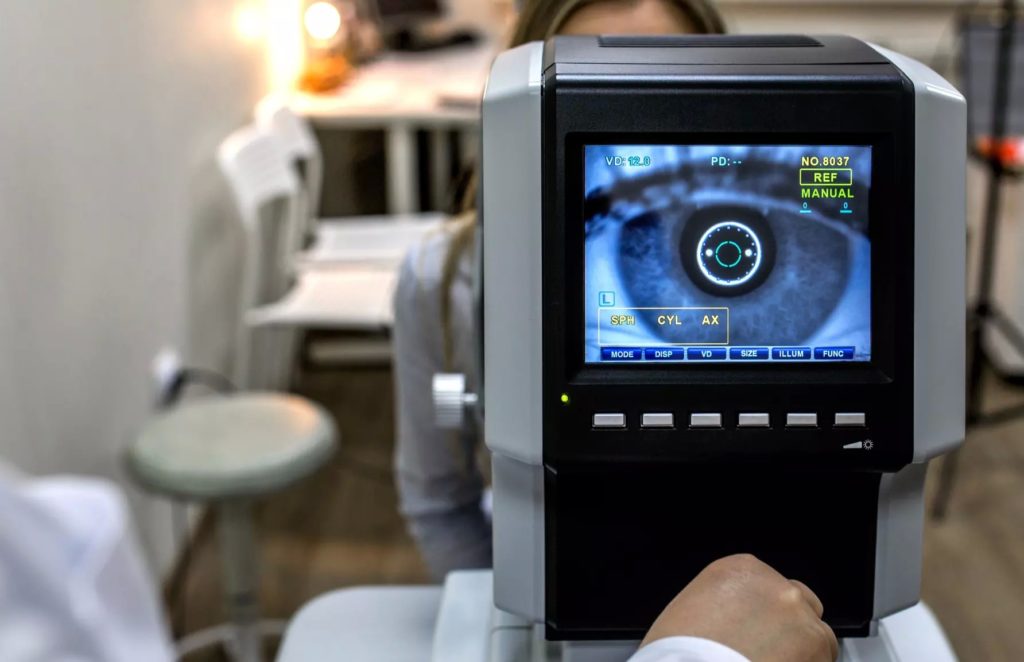THE ETHICAL FUTURE OF BIONIC VISION
Article by Max Slattery, University of Melbourne
As researchers refine the capabilities of bionic eyes, restoring sight to some blind people may be just around the corner. But what are the ethical implications of ‘artificial’ sight?
Curing blindness – at least in some of its many guises – with a prosthetic retina, also known as a bionic eye, has occupied researchers for more than a decade.
And they have come a long way. Bionic vision technology has already been able to restore a degree of visual perception in patients with age-related macula degeneration or retinitis pigmentosa, who are often rendered completely blind.

Research indicates that bionic vision will continue to improve at a rapid pace. Picture: iStoc
While the research remains in its infancy, it is likely to keep improving to the stage where a meaningful form of sight is restored for these patients in the not-too-distant future.
But what are the ethical implications of an electronic prosthesis replacing natural vision? What happens if the technology goes wrong and patients’ visual perception is distorted or altogether misleading? And who is responsible for high-impact decisions?
Read more at article source: https://pursuit.unimelb.edu.au/articles/the-ethical-future-of-bionic-vision


